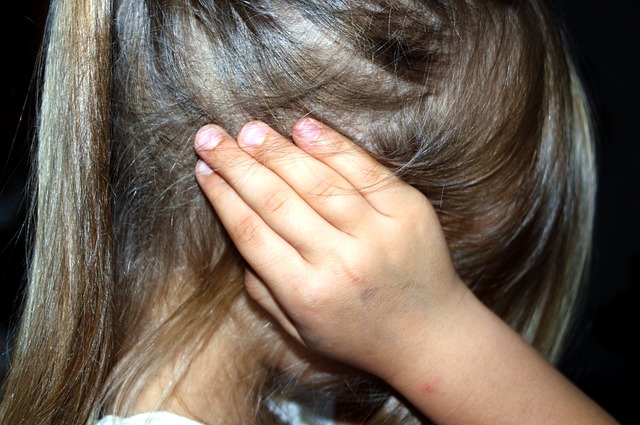Did you know that over 5% of the entire global population – approximately 360 million people – are struggling with depression? Did you also know that more than 7% of the 500 million people with hearing problems across the world also suffer depression? There clearly must be a correlation between hearing loss & depression.
It is, however, very sad that most people don’t acknowledge depression as a serious medical issue neither do they really care to find its cure despite the disease ranking among the leading causes of death in the world today.
Research shows that some depression cases only require a patient to wear hearing devices and their problem is solved.
How Does Hearing Loss Lead To Depression?
In most cases, depression precipitates from a series of humiliations and embarrassments. People who feel socially unaccepted tend to fall into depression more than people whose social life is thriving.
In light of this, here are five ways through which people with hearing problems become socially isolated and, consequently, depressed.
1. Tiring Conversations
Hearing loss forces those affected to strain when listening to conversations, especially when people talk in low tones. They listen more keenly than other people, digest the conversation slower than the rest, and are always trying to keep pace with friends and colleagues.
A day of straining leaves them tired and unwilling to take part in other conversations. Reduced conversations mean less socialization and increased chances of depression.
2. Roller Coaster Of Frustrations
Not hearing what colleagues or seniors at work say can adversely affect a person’s career growth. Misunderstanding orders mean executing them poorly and getting into trouble with the boss, missing words in a meeting may lead to embarrassing responses, and constantly asking for clarification pushes friends away.
That’s the kind of life people with hearing problems are confined to. Because hearing loss is more like a chronic disease, this lifestyle becomes the new personality for these people, which is basically a roller coaster of frustrations.
They always feel older than they actually are, struggle to keep friends, and everything that made their lives worth living is taken away. Accumulated frustrations lead to depression.
3. Increased Anxiety
Has someone knocked at the door without me hearing? Are people talking to me right now? Could colleagues be backbiting me? Did the phone ring? All these are some of the questions that people with hearing difficulties ask themselves because they don’t trust their hearing abilities.
Something at the back of their minds keeps reminding them to check whether their hearing problem failed them, again. This leads to anxiety, which in turn makes them appear “uncool” in social places. That is quite depressing.
4. Little Or No Support From Others
If you have a hearing problem, the last thing you want is a clique of friends who don’t acknowledge your feelings nor empathize with your situation. Unfortunately, not many friends would want to spend hours explaining stuff to you or giving you the moral support that you clearly need.
Many will, as a matter of fact, take advantage of your situation and talk behind your back. Family gatherings may even turn into your roasting day as family members take turns at you because, after all, you can’t really follow their conversations.
Parties get boring, the church becomes less appealing, and friends become less friendly. In the long run, you feel ignored and that may be the genesis of depression.
5. Reduced Avenues Of Relieving Stress
How do you handle stress in your life? Maybe you call a friend and pour your heart out, maybe you listen to music or watch TV, or maybe you sit by the river and enjoy its soothing natural sounds.
Unfortunately, inability to hear robs you all those privileges and leaves you with limited avenues of relieving stress and anger. You end up holding too much stress and that puts you at risk of getting depressed.
Depression issues that arise from hearing loss are easily treatable through the aid of hearing devices. That is why regular hearing tests are invariably important particularly for the elderly so as to identify hearing problems early enough.
If you live with a depressed person, on the other hand, it would be thoughtful of you to assess his or her hearing abilities and in the event that they are struggling to hear, buy hearing devices for them.
You can find much more information on living a holistic lifestyle in these free magazines and on our YouTube channel.
Edita is a medical student graduate. She has a big passion for medicine, and choosing to become a doctor was one of her best decisions. She believes that she can change the world for the better. She works really hard to cure people and she is always available for those in need.






